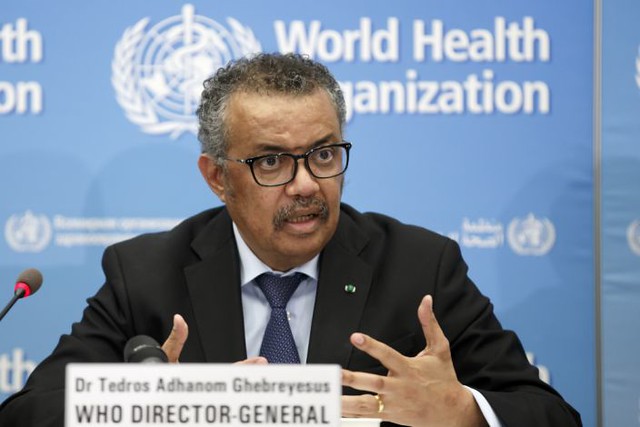The companies involved have either refuted claims that their goods were tainted or have chosen to remain silent while inquiries are ongoing.
The World Health Organization (WHO) issued a call for action to stop further deaths after more than 300 children in the Gambia, Indonesia, and Uzbekistan died from acute kidney injury linked to tainted cough syrup.
Most fatalities occurred in children under the age of five, WHO said, warning that the over-the-counter medications contained significant amounts of diethylene glycol and ethylene glycol.
“These contaminants are toxic chemicals used as industrial solvents and antifreeze agents that can be fatal even taken in small amounts, and should never be found in medicines,” the organisation said.
The medicines are also sold in the Philippines, Timor Leste, Senegal, and Cambodia and could have an impact there, reported Reuters.
However, the WHO urged all 194 member states to take action in order to stop further deaths.
“Since these are not isolated incidents, WHO calls on various key stakeholders engaged in the medical supply chain to take immediate and coordinated action,” its experts said on Monday.
In order to “prevent harm to patients,” the WHO has already sent specific product alerts in October, November, and January, asking that certain “substandard products” be taken off the market.
The warnings applied to some cough syrups sold domestically by Indian companies Maiden Pharmaceuticals and Marion Biotech as well as comparable drugs produced by four Indonesian companies: PT Yarindo Farmatama, PT Universal Pharmaceutical, PT Konimex, and PT AFI Pharma.
The companies involved have either refuted claims that their goods were tainted or have chosen to remain silent while inquiries are ongoing.
However, the WHO reaffirmed its call for the products to be taken off the market and urged nations to make sure that any medicinal products for sale are approved by authorities.
Additionally, it urged authorities to allocate funds for manufacturer inspections, bolster market oversight, and take appropriate action when necessary.
According to the WHO, manufacturers should test their products more thoroughly, only purchase raw materials from reputable suppliers, and maintain records of the production process.
The WHO also recommended that suppliers and distributors look for indications of falsification and only sell or distribute medicines that have been approved for use.







